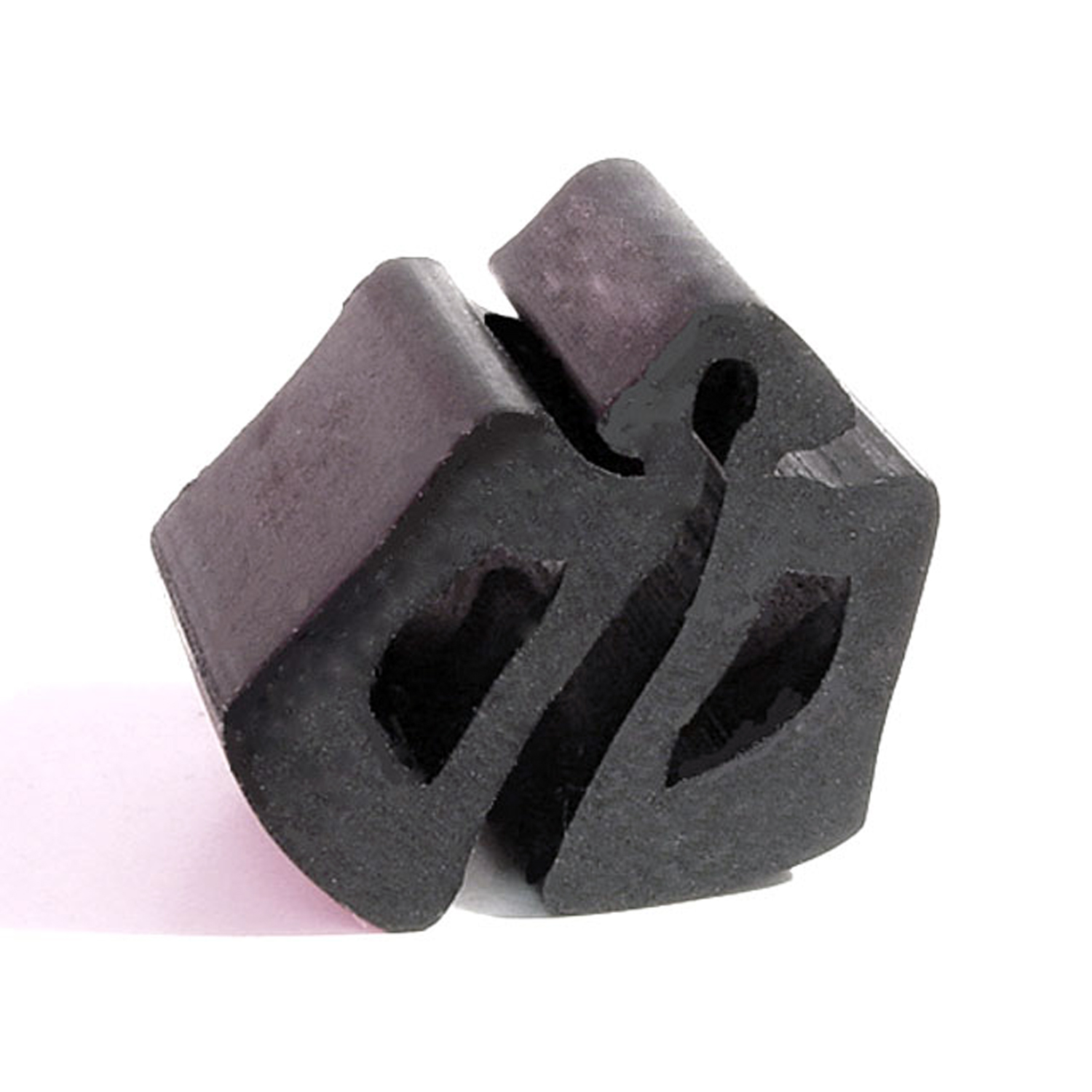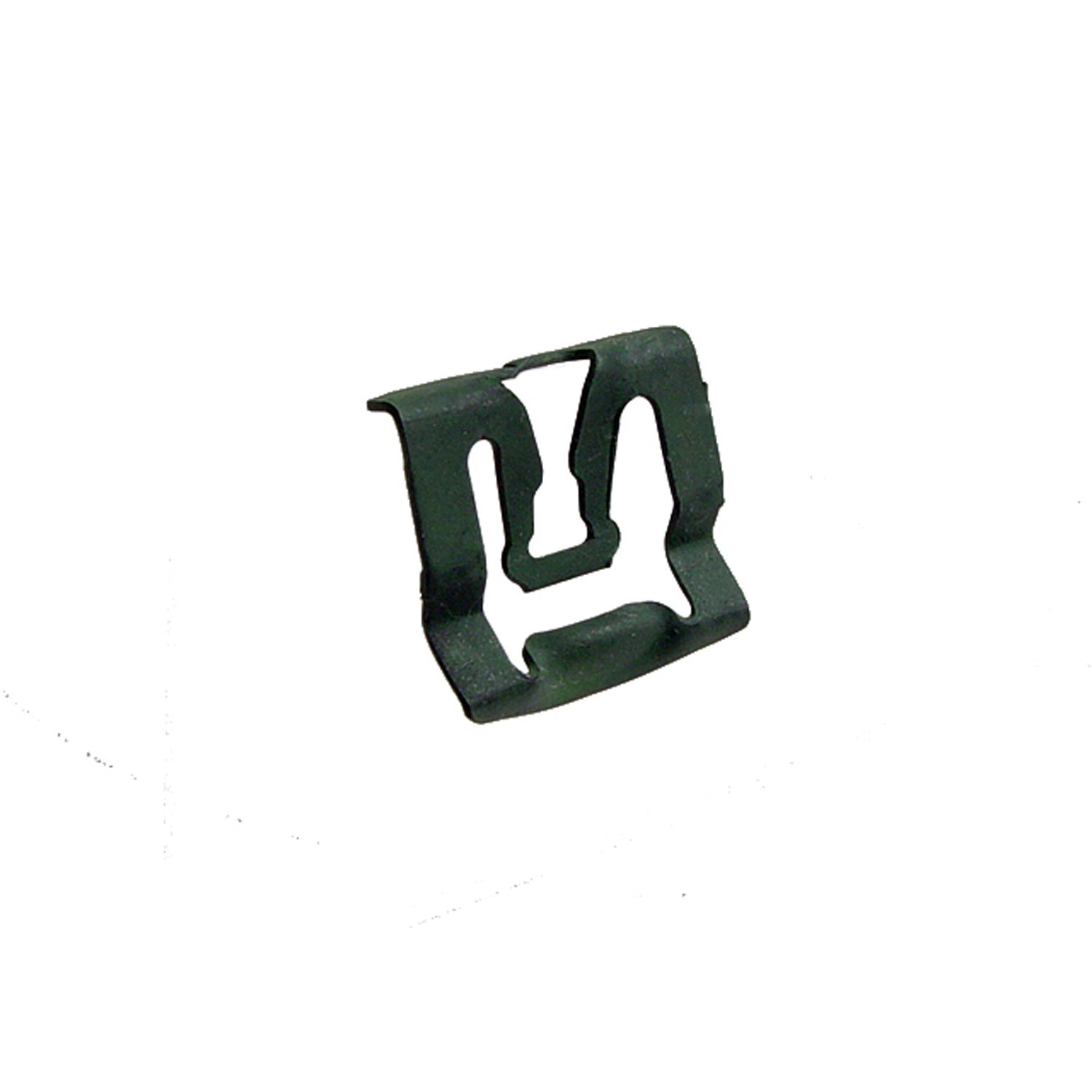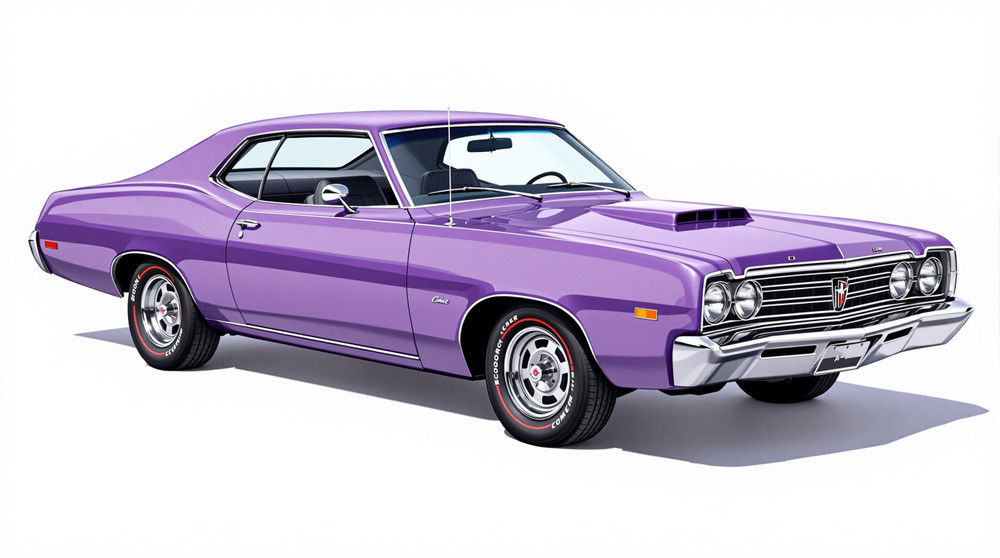Image of 1973 Mercury Comet, Note: These illustrations use artistic license and may differ from actual historical models.
Performance Metrics
Fundamental Metrics
Emotional Appeal
MMP Rating
| Engine Specifications | |
|---|---|
| Engine: | 250 CID I6, 302 CID V8 |
| Displacement: | 250-302 CID |
| Horsepower: | 100-140 HP |
| Torque: | 185-240 lb-ft |
| Compression Ratio: | 8.0:1 - 9.0:1 |
| Ignition System: | Conventional breaker-point ignition system |
| Cooling System: | Liquid-cooled |
| Performance Specifications | |
| 0-60 Time: | Estimated 10-12 seconds |
| 1/4 Mile Time: | Estimated 17-19 seconds |
| Top Speed: | 105-110 mph |
| Transmission and Drive | |
| Drive Type: | Rear-wheel drive |
| Transmission Type: | 3-speed automatic, 3-speed manual |
| Fuel and Efficiency | |
| Fuel System Type: | Carburetor |
| MPG: | Estimated 13-16 MPG |
| Dimensions and Brakes | |
| Brakes: | Front disc, rear drum |
| Wheelbase: | 111 inches |
| Weight: | 3000-3200 lbs |
Note: Specifications for classic cars are given to the best of our ability, considering the limited and variant data available.
1973 Mercury Comet: A Forgotten Gem of the Muscle Car Era
When the open road beckons, few cars answer the call like the 1973 Mercury Comet. Born from the stables of the Ford Motor Company's Mercury division, this compact car was a blend of style, power, and practicality. The Comet made its debut in the early 1960s as a cousin to the Ford Falcon, but by 1973 it had evolved into a vehicle with a character all its own. Notably, this was during an era when American automakers were grappling with the onset of emissions regulations and fuel economy concerns. Amidst this tumultuous period, the '73 Comet stood out as a resilient contender in the muscle car segment.
Design and Innovation
The exterior of the 1973 Mercury Comet boasted a muscular stance with its long hood and short deck proportions—a hallmark of classic American car design. The grille featured a distinctive split that gave it an aggressive appearance, while chrome accents added a touch of elegance. Inside, passengers were greeted with a functional and straightforward layout. Materials ranged from basic vinyl to plushier options in higher trims. Technologically, it carried over many features from previous years but remained competitive with its contemporaries. Color options for the '73 Comet included vibrant hues that captured the spirit of the era, with choices like "Bright Red" and "Medium Blue Metallic" being among the favorites. The Comet was available in various body styles including two-door and four-door versions, but it was the two-door models, particularly those equipped with V8 engines, that are most fondly remembered today.
Historical Significance
The 1973 Mercury Comet arrived at a crossroads in automotive history. With looming environmental regulations and a fuel crisis on the horizon, it represented one of the last expressions of unbridled American automotive freedom before efficiency took precedence over performance. Its design did not revolutionize automotive aesthetics but did refine what was expected from a compact muscle car—balancing size with power in an increasingly fuel-conscious market.
Performance and Handling
Underneath its hood, the '73 Comet could be equipped with several powertrains, ranging from thrifty six-cylinders to robust V8s. The top-tier engine option propelled this machine to respectable speeds for its time and could achieve 0-60 mph sprints that thrilled weekend racers. Handling was typical for its class; while not as nimble as some European imports, it offered a solid and stable ride. Drivers often praised the visceral experience—the rumble of the engine and the sensation of raw power at their fingertips.
Ownership Experience
The Mercury Comet served various roles from a reliable daily driver to an enthusiast's weekend project car. It was relatively easy to maintain thanks to shared components with other Ford models, making parts availability less of an issue compared to more exotic classics. While not without its quirks—such as susceptibility to rust or the occasional electrical gremlin—owners found it to be an overall dependable companion.
Fun Facts
Despite not being as widely recognized as some muscle cars, the '73 Comet has its share of interesting tidbits. For instance, some units were equipped with "luxury" features like power steering and air conditioning—coveted options back then. While it didn't shatter sales records or dominate racetracks, it earned a loyal following that appreciates its understated charm.
Collector's Information
Today's collector market sees the 1973 Mercury Comet as something of an underdog with growing appeal. While production numbers weren't meticulously recorded during that era, estimates suggest that tens of thousands were produced across all body styles and configurations. Values for these vehicles can vary widely based on condition and originality but generally range from $5,000 for a project car up to $20,000 or more for pristine examples—especially those sporting V8 engines and desirable options. Price trends have been slowly appreciating as more enthusiasts seek out unique alternatives to more mainstream classic muscle cars.
Conclusion
The 1973 Mercury Comet is a classic that captures the essence of an era teetering on change—a testament to American ingenuity before efficiency standards transformed vehicle design forever. It may not have rewritten history books like some of its peers, but for those who know its roar and charm, it remains an unforgettable piece of automotive heritage.
1973 Mercury Comet Catalog of Parts
 1973 Mercury Comet Hood Bumper. Each-HF 2Hood Bumper. Each
1973 Mercury Comet Hood Bumper. Each-HF 2Hood Bumper. Each 1973 Mercury Comet Windshield Reveal Molding Clip. Made of steel. Each-WF 228-AWindshield Reveal Molding Clip. Made of steel. Each
1973 Mercury Comet Windshield Reveal Molding Clip. Made of steel. Each-WF 228-AWindshield Reveal Molding Clip. Made of steel. EachWhy Choose Metro?
For over 100 years, Metro Moulded Parts has been the pinnacle of quality in classic car restoration parts. Our commitment to precision and authenticity in every component ensures a perfect fit and an OEM-level appearance.
- Expert Craftsmanship & Quality: Each part is a testament to our dedication to reliability and perfection, crafted from original designs and thoroughly tested.
- Advanced Technology: We use cutting-edge techniques to create flawless, long-lasting parts that surpass others in performance.
- SuperSoft Sponge – The Ultimate Door Seal: Not only are our door seals 30% softer than competitors', but they're also guaranteed to never leak. They effectively reduce wind and road noise, enhancing your classic car's comfort and driving experience.
- Proudly American: Our parts are a product of American craftsmanship, made in the USA with a spirit of excellence and heritage.
- Unrivaled Warranty: We back our products with a 30-year industry-leading warranty, a testament to our confidence in their quality.
Join us in preserving the legacy of classic cars with parts that are crafted for perfection, not just made.

